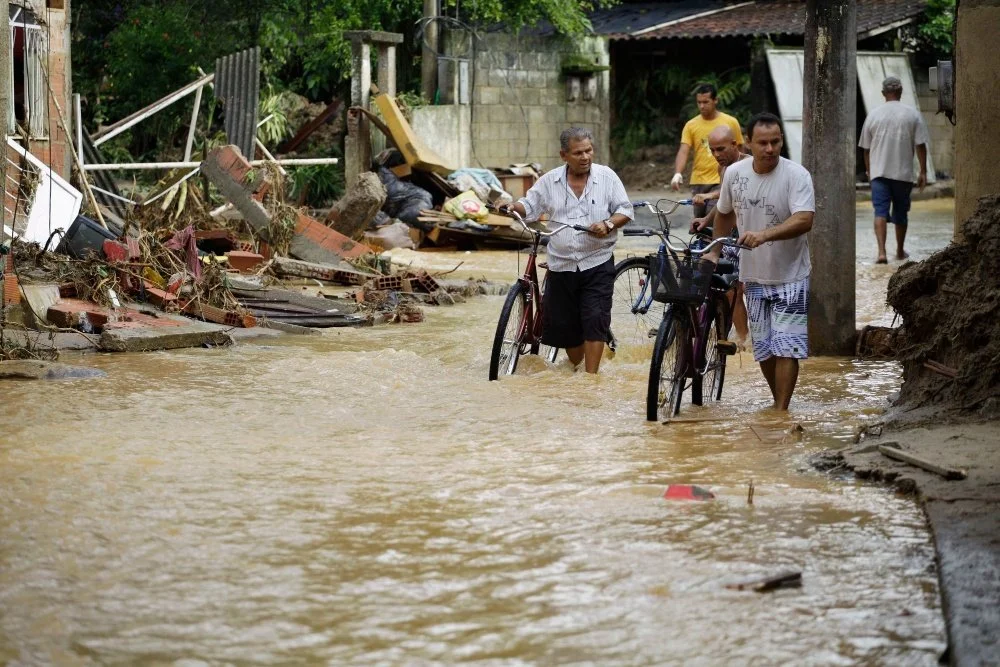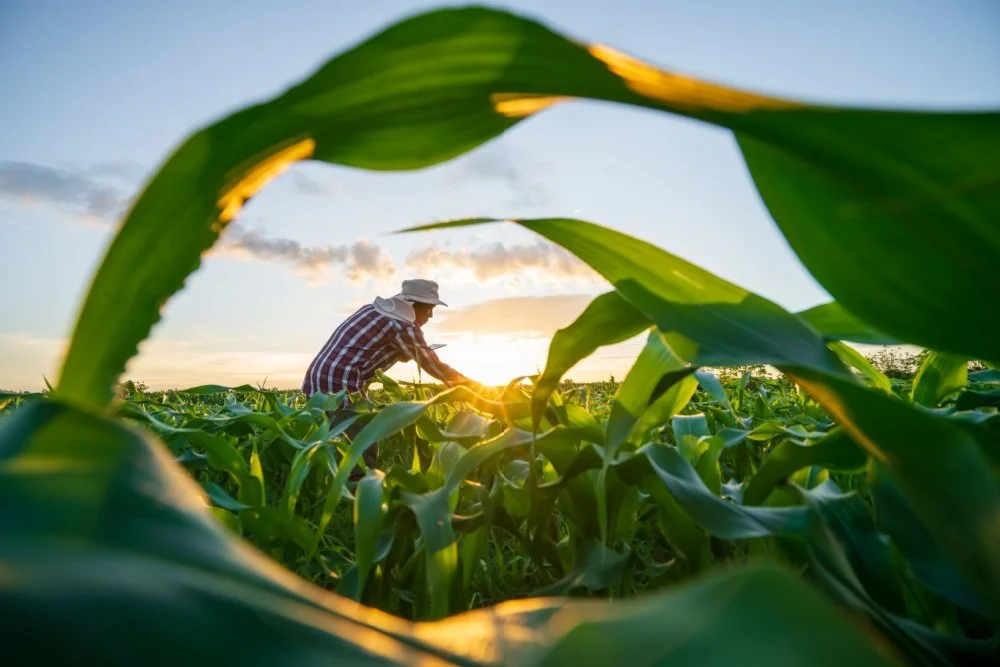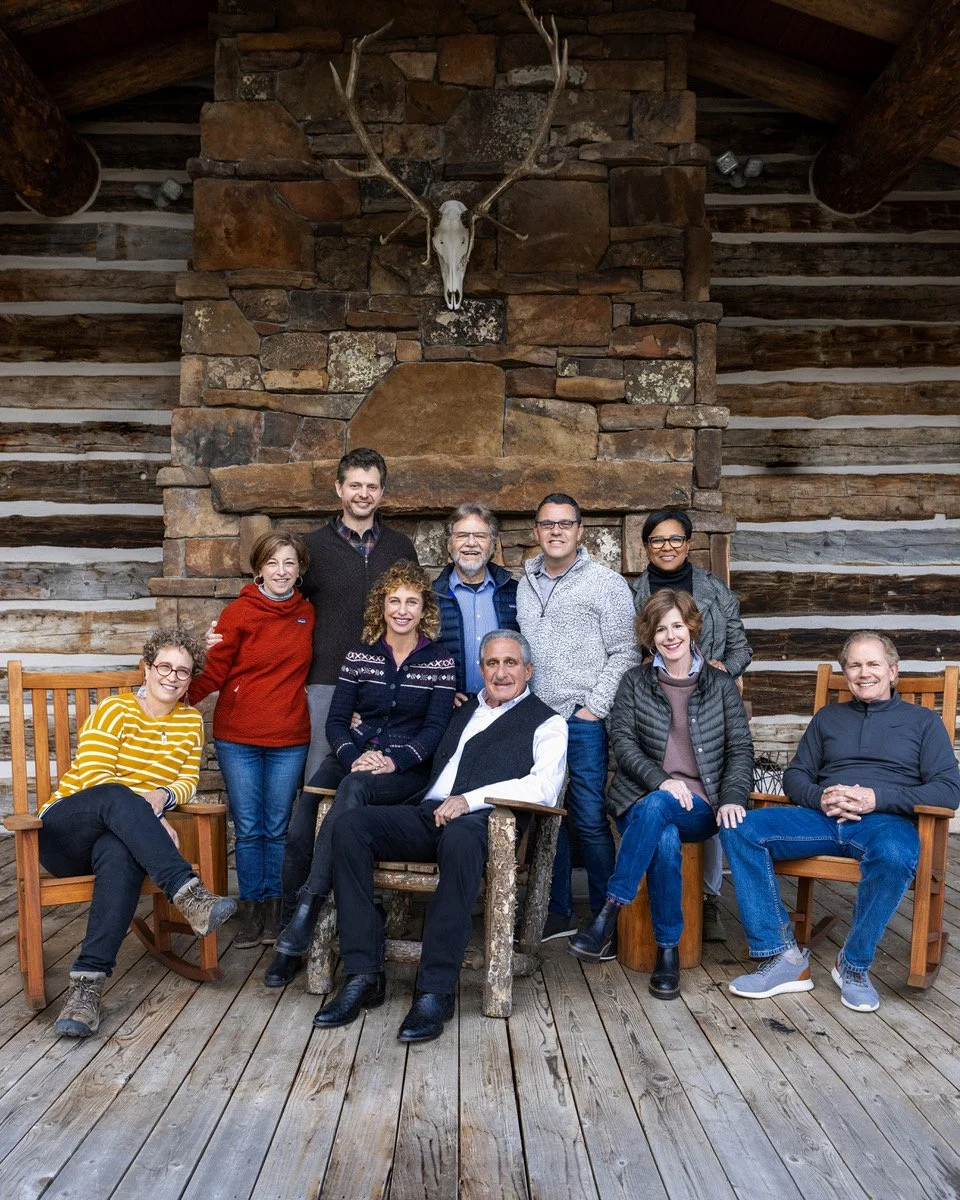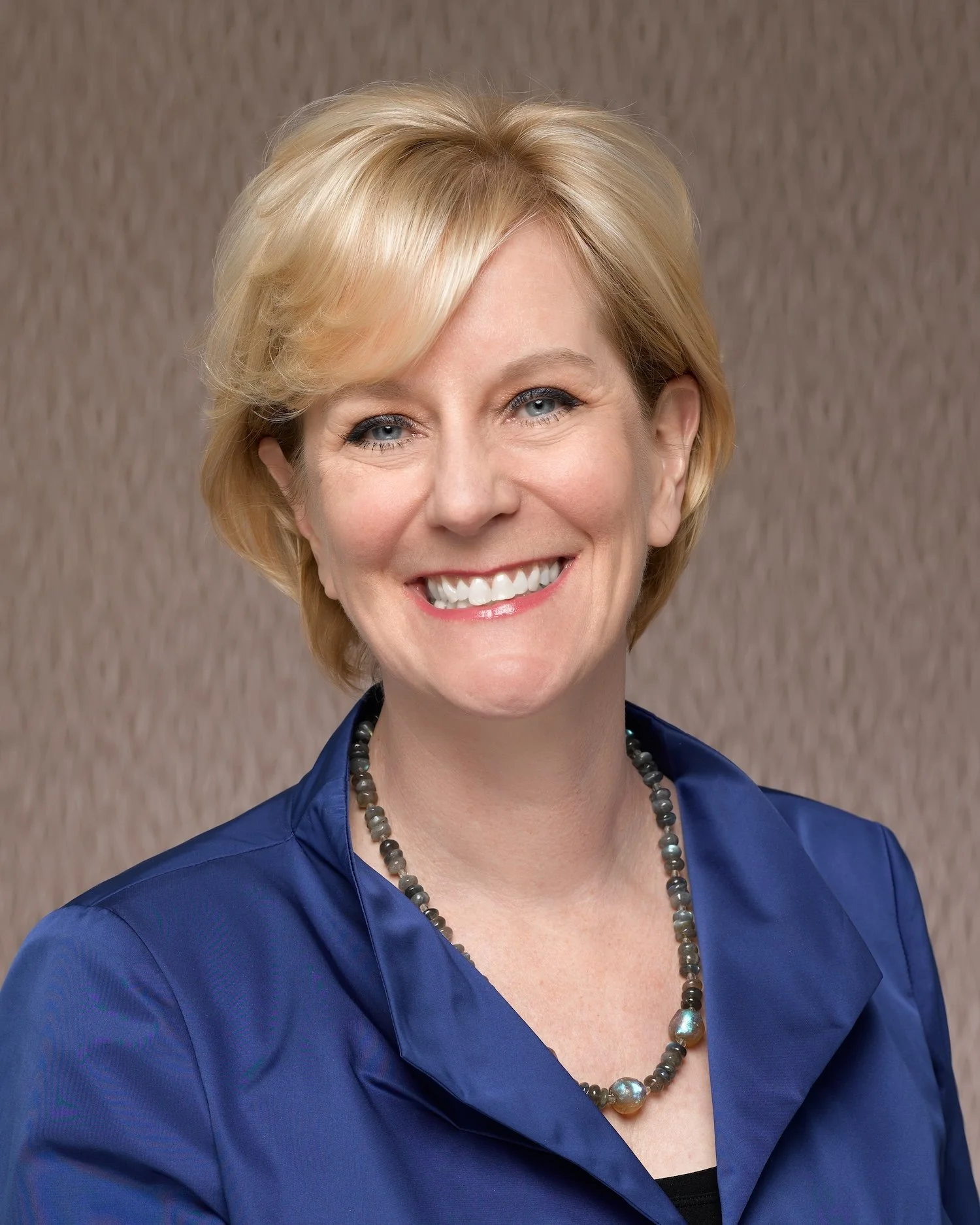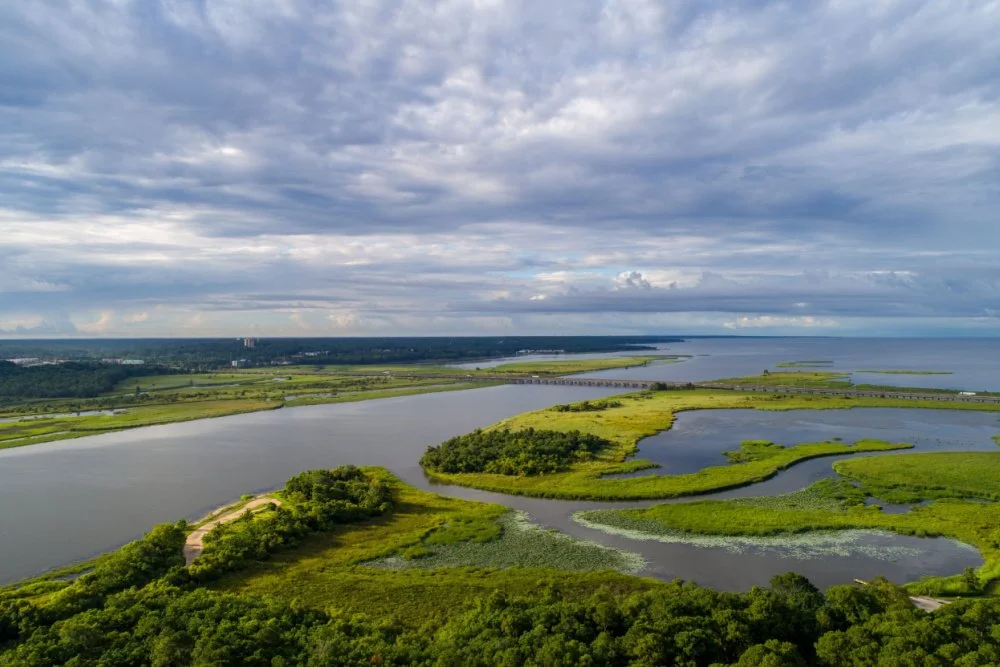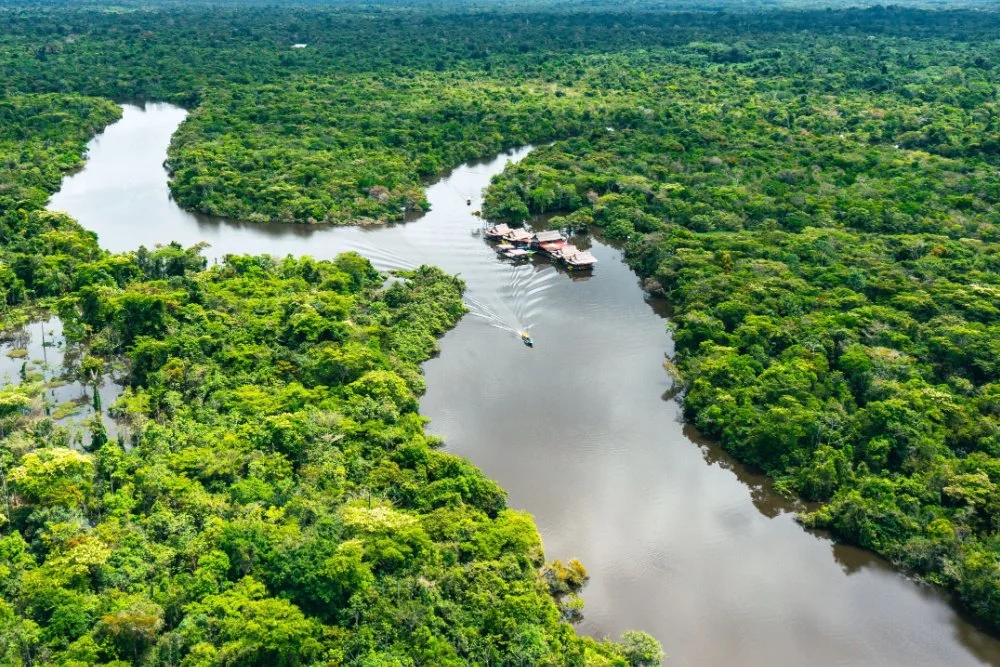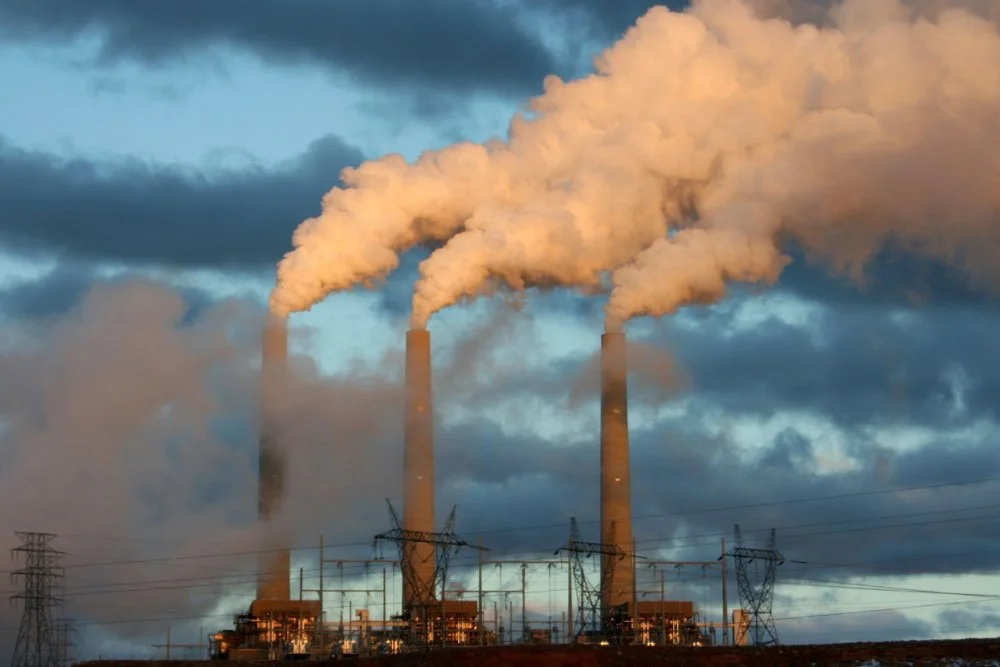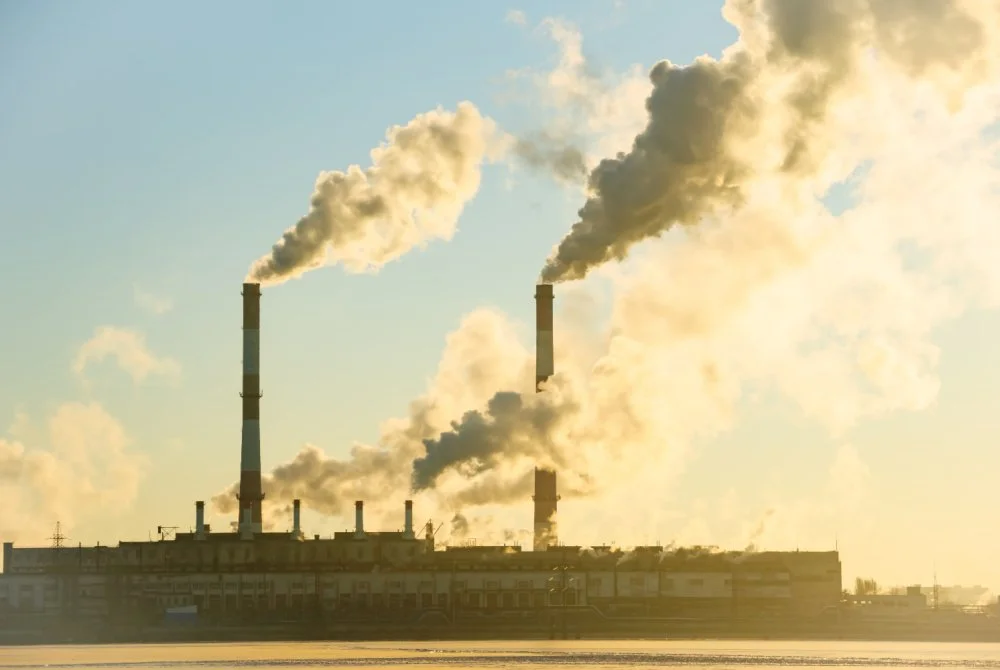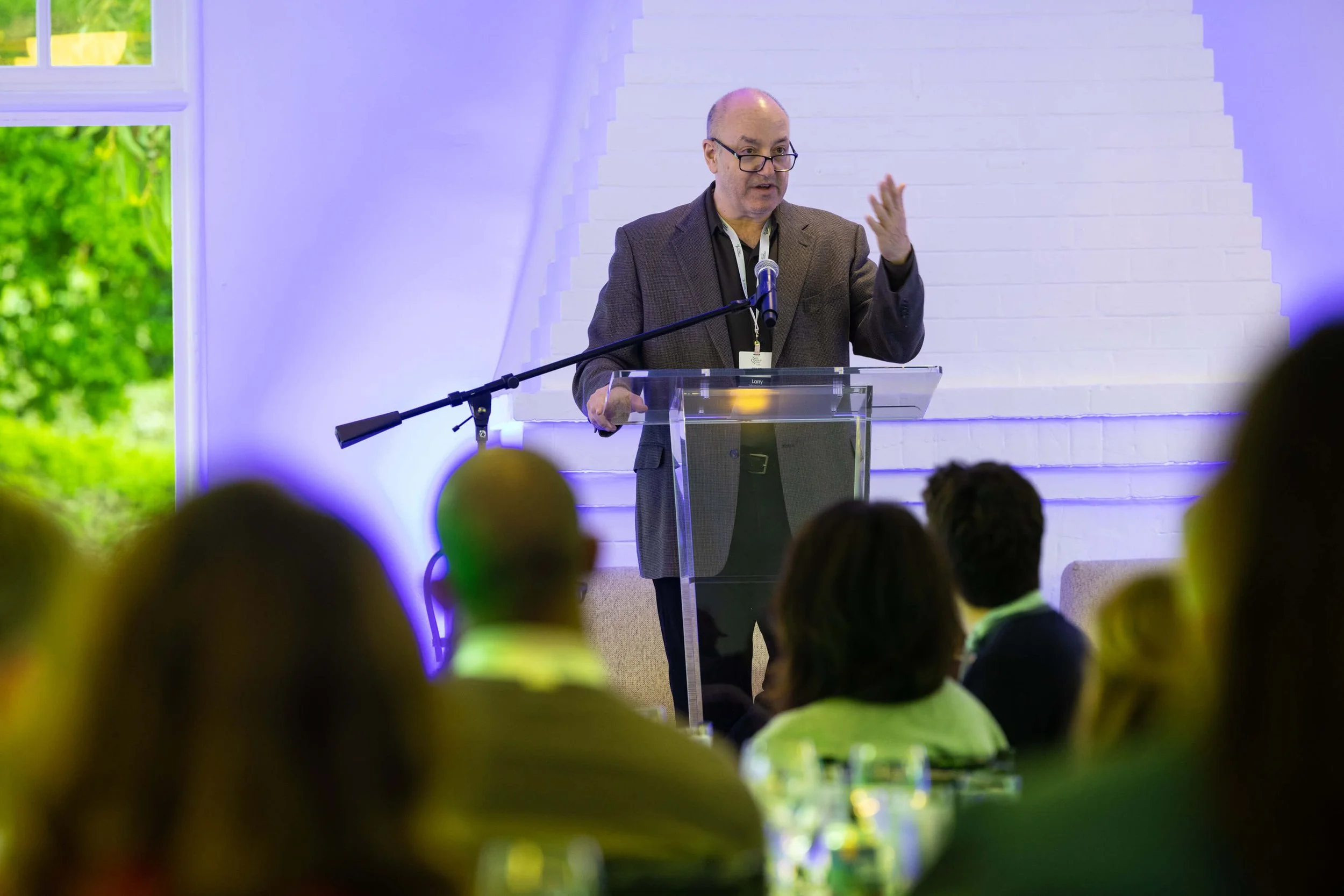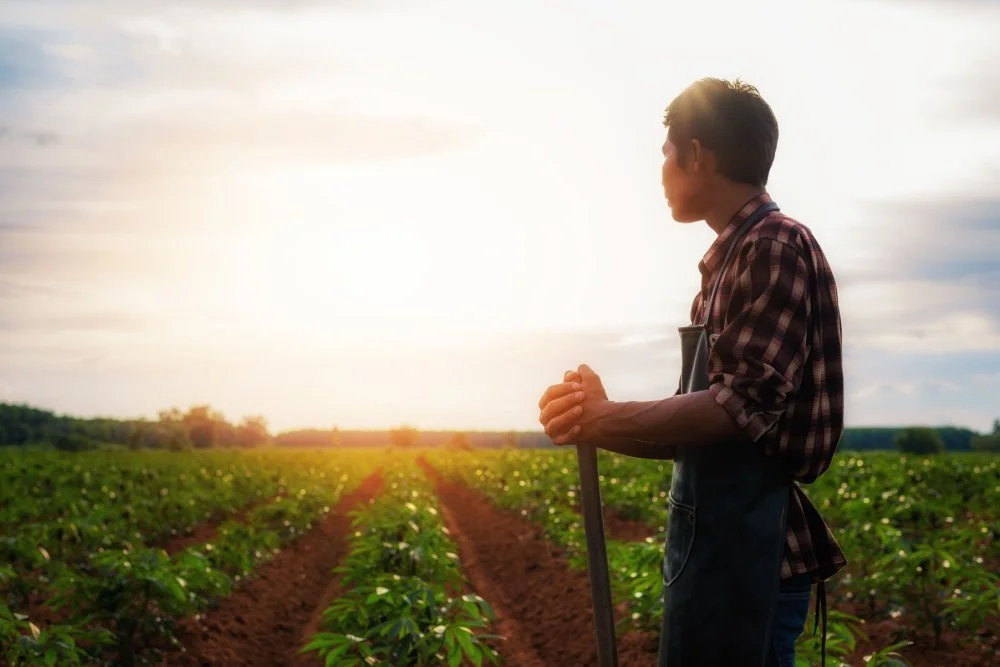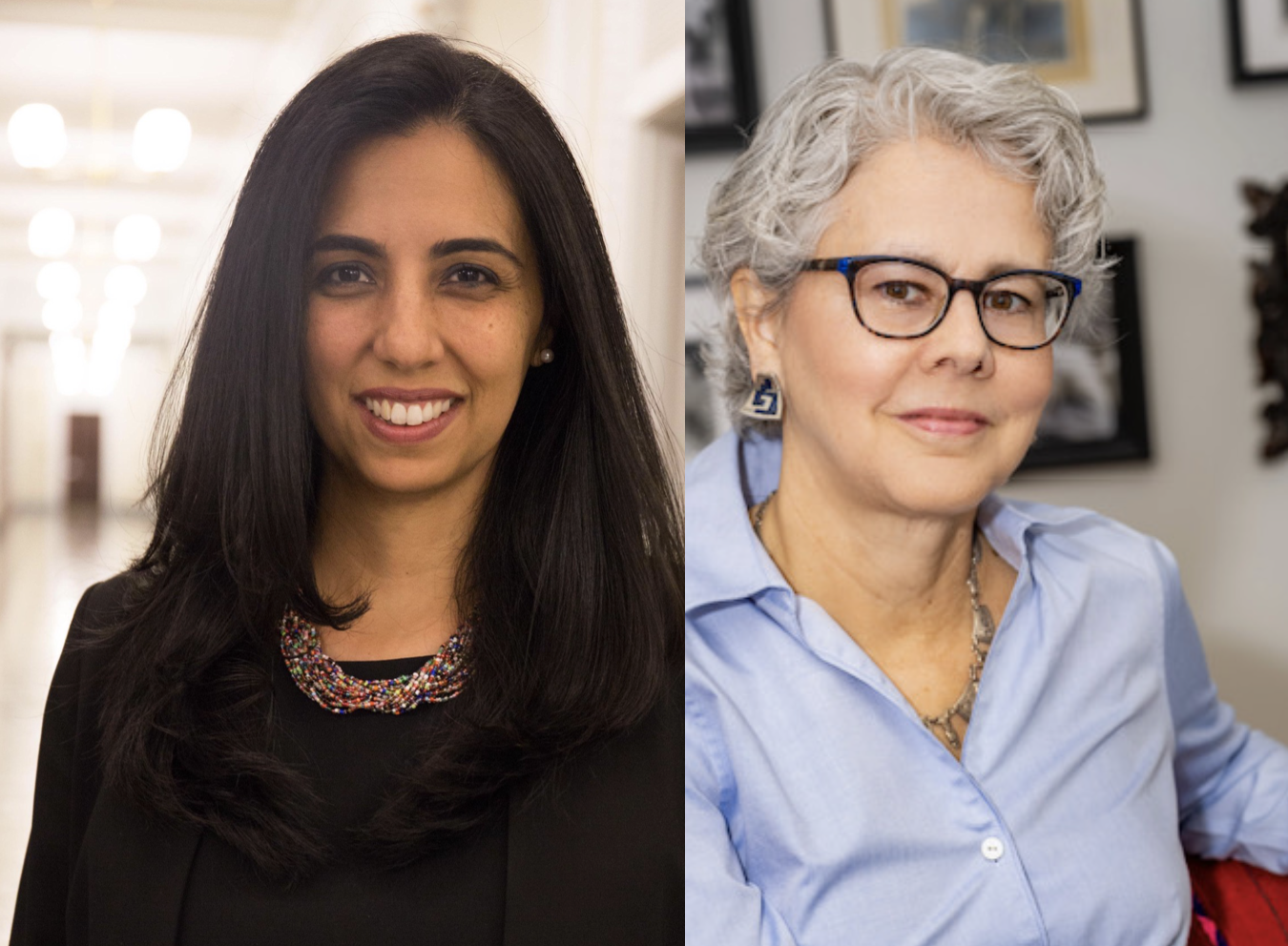Agriculture is a Major Culprit in Climate Change. Who's Trying to Change That?
/photo: Rich Carey/shutterstock
While the transportation and energy sectors are typically the biggest targets for reducing atmospheric carbon and curbing climate change, agriculture and land use play a huge part.
The agriculture sectors currently account for at least one-fifth of total emissions, mostly from expanding farmland eating up forests and the carbon they store. On the other end of climate change, as its effects worsen, agriculture and food production will take a huge hit, worsening hunger and poverty.
That’s why in 2016, the U.N. Food and Agriculture Organization urged swift action to make agriculture more sustainable and resilient, with an emphasis on supporting low-income smallholder farmers.
The Packard Foundation is one of a few funders that's already on the case. For some time, it's been keenly interested in the connection between agriculture, climate change and biodiversity in general. But now, it’s ramping up giving in sustainable agriculture globally, potentially very significantly, with an entire new initiative devoted to the issue.
Packard’s new Agriculture, Livelihoods, and Conservation initiative looks to improve the lives and resilience of smallholder farmers while reducing both environmental degradation and increasing food production. The language behind the fund tracks a lot of the FAO's recommendations, pointing out that smallholder farmers “produce most of the food consumed in Asia and sub-Saharan Africa, yet they face limited access to the agricultural and market resources necessary to sustainably manage their land and livelihoods.”
Small farmers produce 80 percent of the food supply in those regions, in fact, and Packard’s program is working in Ethiopia, the Democratic Republic of the Congo, and Indonesia. These are locations where Packard has some existing relationships from its previous work, and the new program also builds thematically on that work.
As Packard points out, one of the foundation’s longest running programs is in population and reproductive health, which “has demonstrated the outsized impact that investing in women can have on communities and landscapes around them.” Women make up about half of the agricultural workforce in Eastern and Southeastern Asia and sub-Saharan Africa, while being frequently under-resourced. But they're also considered powerful drivers of improved, sustainable farming practices.
Regarding the environment, for some time, sustainable agriculture has been a large part of the climate program at the foundation, which is a core partner of the Climate and Land Use Alliance. We also recently highlighted an effort funded by Packard to curb the rapid destruction of peatlands in Indonesia, a byproduct of industrial palm oil production that’s releasing massive amounts of stored carbon.
Related:
- Who Knew? A Prize Takes Aim at an Obscure But Critical Environmental Challenge
- For Noyes Foundation, Fixing Food Means Racial and Economic Justice
This is a pretty natural extension for the foundation. So far, the new program has just a few grantees. The biggest, and one the foundation has backed since last year, is Landesa (formerly Rural Development Institute), which secures rights to land for the rural poor. Landesa has been around since 1967, and is a well-regarded NGO in the global development space, receiving several million in grants from funders like Gates and Omidyar. Lately, it's been doing a lot of work to strengthen land rights for women.
Another is the Alliance for Food Sovereignty in Africa, an alliance of civil society groups that emphasizes the rights of small farmers, indigenous people, women, youth and other Africans to control their own food systems, resisting industrialization and commodification. The third grantee is Land is Life, which received funding for indigenous-led grantmaking for sustainable agriculture.
Philanthropy has a long and sometimes fraught history with global agriculture, drawing both praise and criticism for the methods it has used to promote higher food production, dating from Rockefeller’s role in the Green Revolution to Gates's funding in Africa. These days, however, there's been a surge of philanthropic support for sustainable agriculture in the U.S. and abroad—a move toward local control and low-impact methods, and away from industrial approaches that have taken a negative toll on soils, livelihoods and the environment. A movement toward "agroecology" and food sovereignty is spreading in parts of Africa and beyond, with proponents like Packard grantee AFSA.
There's a handful of large funders like Kellogg, most notably, that have been working in sustainable agriculture for many years now. But Packard expanding its work is a big development in the field—one that could move others to view agriculture not just as an issue of hunger and poverty, but also of biodiversity and climate change.
Related:


